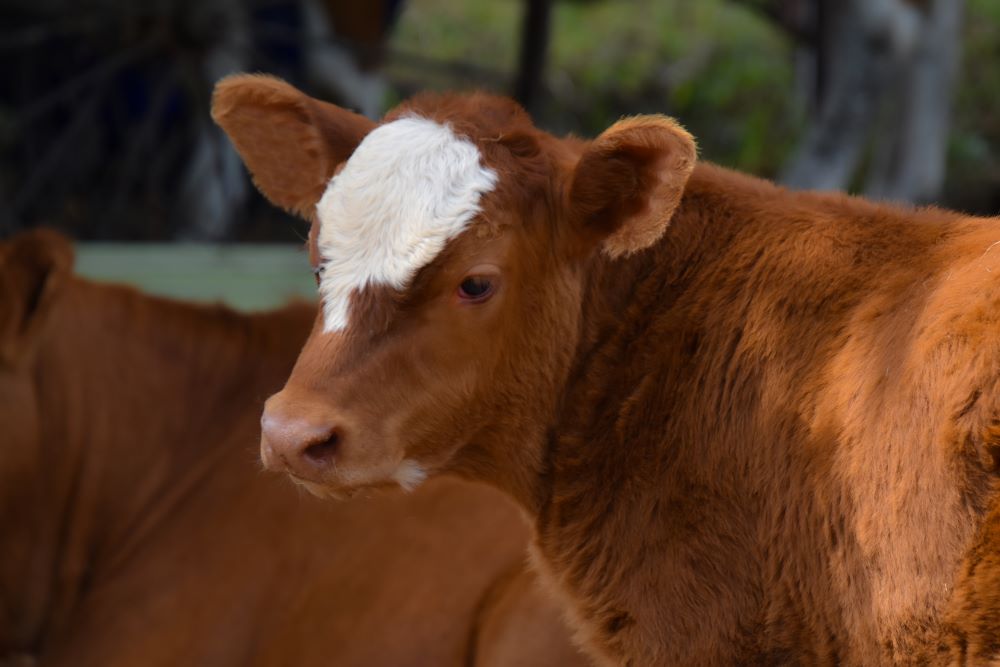
This week, several Canadian farming groups have banded together to protest the UK’s accession to the Comprehensive and Progressive Agreement for Trans-Pacific Partnership (CPTPP).
The UK previously secured to agree the pact, with accession expected to come into force next year.
However, this hasn’t been universally welcomed, with objections arising due to the UK’s stringent food standards, which could act as de facto barriers to Canadian meat exporters.
Barriers
The move to prevent the new agreement coming into force has been led by a coalition of the Canadian Cattle Association, Canadian Meat Council and National Cattle Feeders’ Association, which has launched a ‘Say No to a Bad Deal’ campaign.
The campaign statement argues that the deal “does not meet a fair standard of competition for Canadian farmers and producers”. In an apparent chide to Canada’s federal government, it said:
“Trade should not be about short-term political wins, it should be about long-term mutual gain with predictable, science-based trade rules.”
The farming groups believe the existing interim deal already “severely disadvantage[s]” Canadian farmers, preventing them from selling their products to the UK, while the UK enjoys “unfettered access” to the Canadian market, Farmer’s Guide reports.
The imbalance stems from a UK ban on the sale of meat containing growth hormones, which are classed as detrimental to public health. As the hormone is widely used in Canadian meat products, farmers have been unable to access the UK market.
CPTPP
The UK officially signed the agreement to join CPTPP in July of this year, in news that was hailed as a post-Brexit trade success by business and trade secretary Kemi Badenoch and touted by UK prime minister Rishi Sunak in yesterday’s party conference keynote speech.
However, it’s also been noted that joining the bloc is only estimated to yield an extremely modest boost of 0.08% to GDP over the next ten years and that, of the 11 other countries, Malaysia and Brunei were the only ones which the UK does not already have an existing bi-lateral agreement with.
Fraying trade links
The campaign launched amid a cooling of Canada-UK negotiations to update their existing bilateral trade deal.
Discussions opened in March 2022 with the aim of modernising the existing deal by adding provisions on data and environmental issues.
However, Politico reports that Sunak downgraded the priority of the Canada deal to focus on securing a foundational agreement with the US prior to both countries’ likely 2024 elections.
Negotiations with Mexico were also suspended as part of the priority shift, with Department of Business and Trade director general for negotiations, Amanda Brooks, warning that the UK is approaching “short-term cliff edges” on access to these markets, as EU rollover deals are set to expire.


